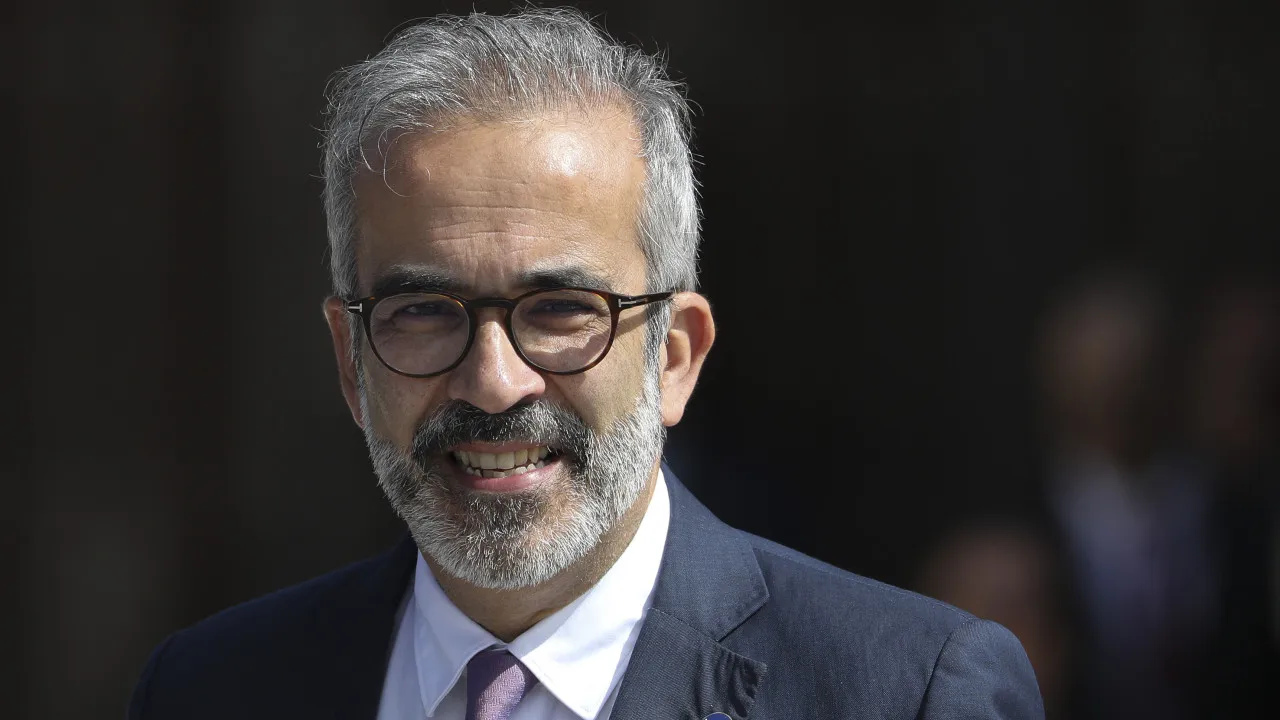
This year, confidence in news in Portugal has reached its lowest level since the inception of the Digital News Report Portugal, with 54% of the Portuguese population declaring trust in news in general.
This marks a decrease of two percentage points compared to 2024 and a drop of 10 percentage points since 2015, the first year of the DNRPT.
Despite this decline, Portugal remains among the countries with the highest trust levels, ranking 7th among 48 markets analyzed. It stands out notably for its net trust, as it is one of the countries where the proportion of people who trust news is higher compared to those who do not trust news, according to the report.
In a sociodemographic analysis, older people, those with higher incomes and education levels, and Portuguese citizens with left-wing and centrist political orientations are the ones who trust news the most, the study notes.
Conversely, younger individuals (25-44 years), those with lower education and income levels, and the politically undefined are the segments that exhibit lower trust.
Regarding interest in news, half of the Portuguese population this year indicates having an interest in news, with this indicator remaining virtually unchanged from 2024, consolidating the stabilization observed over the past three years after the sharp decline recorded in 2022.
Older individuals, those with higher education levels, higher incomes, and those with declared political orientations are the ones expressing greater interest in news.
Among individuals over 65 years old, interest rises to 62%, compared to 39% for the age group between 18 and 24 years.
The report points out that interest is also higher among men compared to women and significantly lower among the politically undecided or undefined. It asserts that politics and trust in news continue to be central predictors of interest in news.
These groups also exhibit distinct behaviors: they rely more on direct sources to access news, use fact-checkers more frequently, and are more concerned about online disinformation.
Payment for digital news is also higher among those who show interest, but interestingly, it is more pronounced among those who have interest but do not trust (or only trust a specific brand), suggesting that interest is a more determining factor for payment than trust in news.
Meanwhile, the consumption of local and regional news in Portugal this year confirms the relevance of this segment for a significant portion of the audience, with some marked differences between sociodemographic profiles.
Overall, 38% of the Portuguese population indicate an interest in local and regional news, with a higher prevalence among men, older individuals, those with higher incomes, higher education levels, and declared political positions.
Among the most sought-after topics are local culture (38%), information about local services (35%), and local news (34%).
These data reveal that despite the attention crime or local politics might attract, the most sought-after content is associated with cultural life, practical utility, and the daily life of communities, followed by local politics/administration (27%).
The DNRPT25 is produced annually by OberCom – Observatório da Comunicação since 2015, published alongside the global report by RISJ – Reuters Institute for the Study of Journalism, University of Oxford. The project surveyed approximately 97,000 internet users worldwide in 48 countries in 2025. The fieldwork was conducted between January 13 and February 24 of this year.
In Portugal, 2,012 individuals were surveyed.




